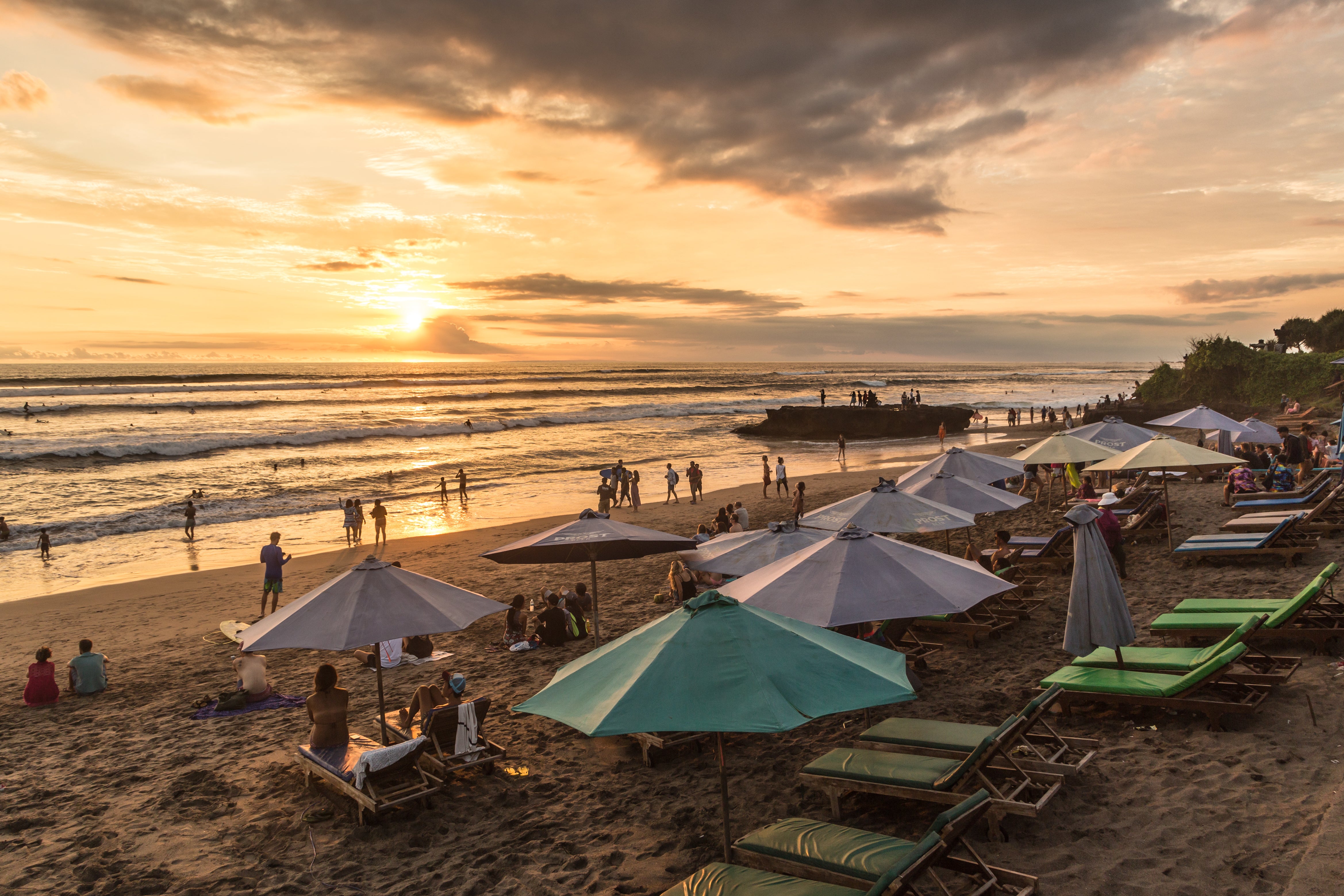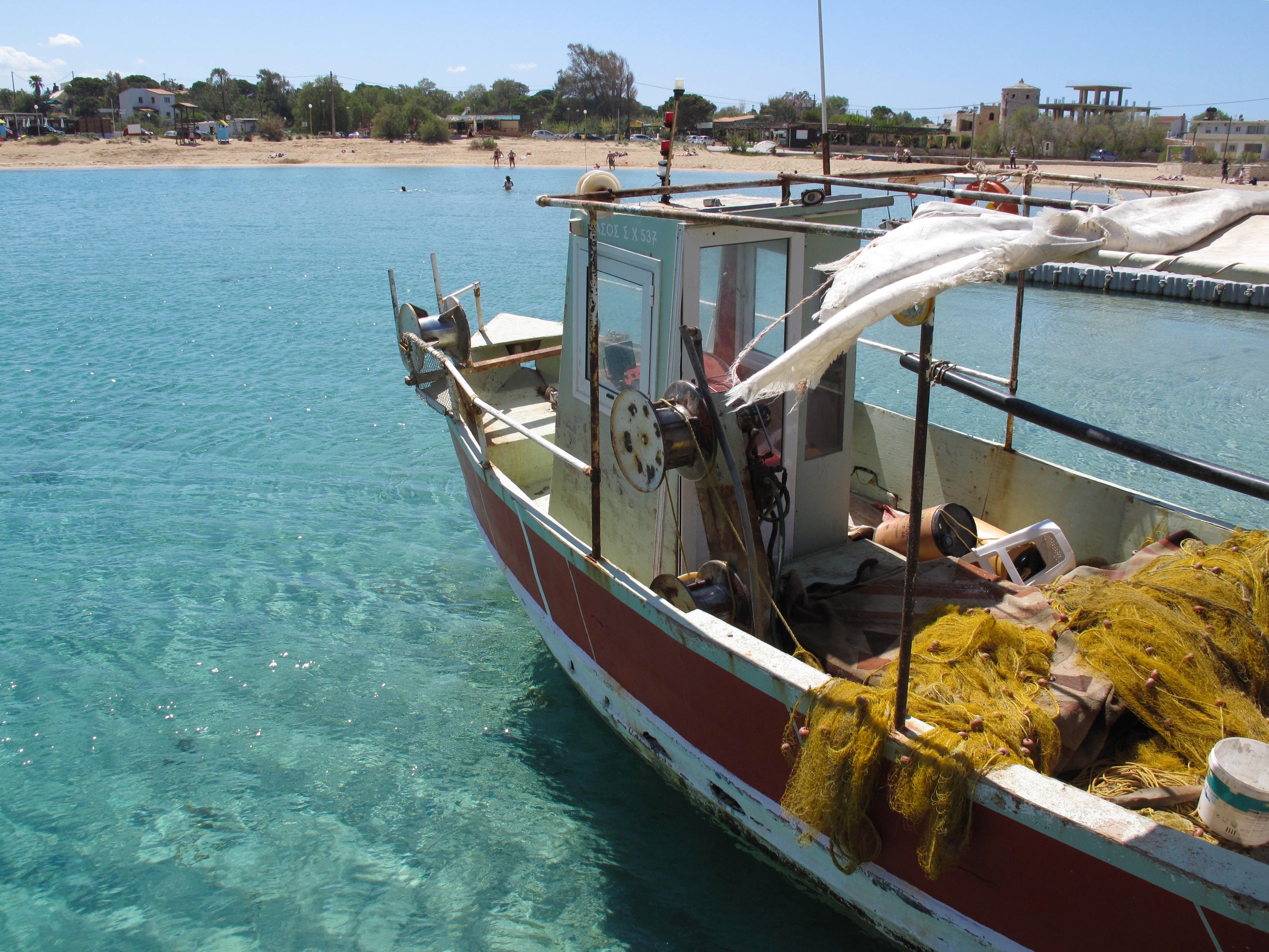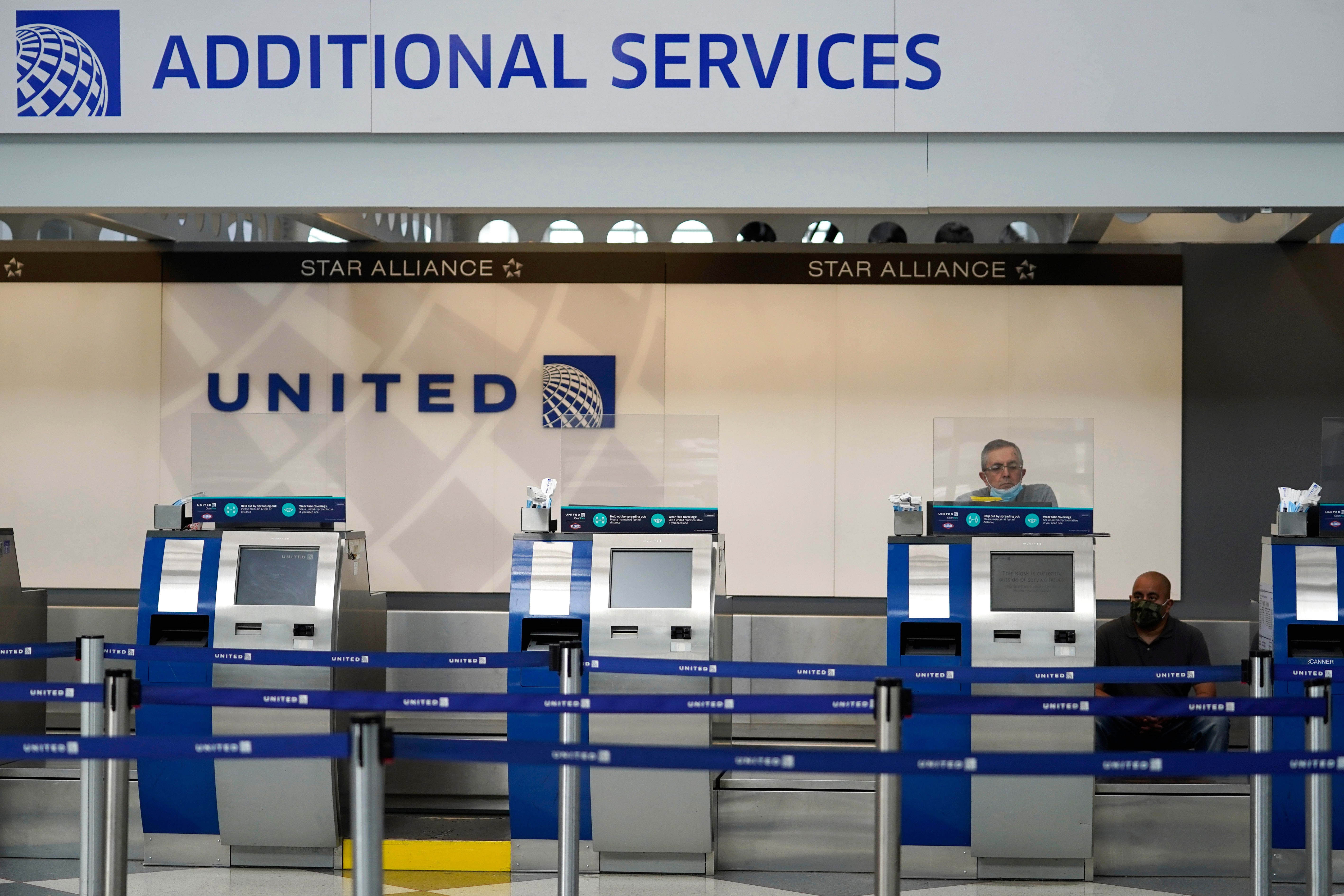Should I wait until nearer my travel date for a bargain?
Simon Calder answers your questions on late deals, the joys of Crete and the costly matter of changing your airline tickets


Q We are hoping to go to Bali for Christmas and new year. We already have a great deal at a hotel as we took a gamble and booked while Bali was still in lockdown. However, trying to find a reasonable flight is proving tricky. The fares direct from airlines are way too high – Google Flights, Skyscanner and Momondo keep presenting what look like decent options, typically hundreds of pounds lower, but I am constantly clicking through to find these flights don’t exist.
Is it better to just bite the bullet and go direct to an airline website or should I just persevere and hope that one of the cheaper fares is actually available? As an alternative, do companion fares for business class ever crop up over this period?
Lenny G
A It was bold to book accommodation without having flights sorted for such a busy time. The fares I am seeing are probably higher than you would like: on Turkish Airlines via Istanbul, flying out from London Gatwick on Saturday 17 December and returning on Tuesday 3 January, the lowest price for a direct online booking is £1,200 (which includes a chunky 30kg baggage allowance). The searches I have made suggest you can shave the odd £50 off this by going through an online travel agent such as those that market their wares on fare-comparison services.
Instead of clicking between online agents that, in many cases, have unimpressive customer-service records, I suggest you talk to a reputable human travel agent in the UK. They will be able to access good deals and talk through the options – which could include a stopover in Istanbul, the Gulf or Singapore along the way there or back.
On the tricky subject of whether to buy now or wait to see if more appealing prices appear: it’s possible that the range of available flights will increase between now and Christmas, with airlines adding more capacity. But the fares do not look sufficiently high to me for carriers to rush in. One possibility is that an airline may come up with an offer (probably around October) to fill the business-class cabins over Christmas. Typically these are indeed “companion fares” for two flying together. The airlines’ aim is to entice leisure travellers to upgrade without cannabilising their normal business customers – so you might want to wait for another five months before committing.

Q We are going to Crete next week. Have you got any tips for day trips?
Name supplied
A Congratulations on travelling to the biggest and most beautiful Greek island at an excellent time of year (though I believe September is even more appealing, when the Mediterranean has warmed up some more).
My recommendations rather depend on where you are staying while on holiday: Crete is 160 miles long, and a journey from the eastern city of Agios Nikolaos to Chania in the west would be overambitious for a day trip. So let me offer trips that are left, right and centre as you look at the map.
If you are in or around Chania, explore some of the Akrotiri peninsula – in particular, the village of Stavros at the northern tip. It has an excellent beach and a few bars, but crucially also a place in movie history. Beneath the 1,000ft-high slab of limestone that dominates it, the closing scene of Zorba the Greek was filmed, with Alan Bates and Anthony Quinn dancing the Sirtaki.
To the west, the obvious trip from Agios Nikolaos is to the lovely resort of Elounda – and, in turn, from there to the island of Spinalonga: a fortress isle that became a leper colony and is now a mysterious and atmospheric, if chilling, place to explore.
My final recommendation is worthwhile wherever you are staying in Crete: the Minoan palace complex at Knossos, located just south of Heraklion’s humdrum suburbs.
The site was excavated by the Victorian archaeologist Arthur Evans, who regrettably was also responsible for some ill-considered restorations. But with a guide by your side (there are plenty of reliable, licensed escorts at the entrance) the story of a mighty palace nearly four millennia old comes alive.
If you can’t get there early in the day (the site opens at 8am), then leave your visit for mid-afternoon when the crowds begin to disperse.

Q I booked a return flight to New Zealand. Three days later it became clear that I would need to move the outbound date earlier. I have not changed the return. However, I am so shocked at how much the airline has charged to do this – over £700. Yet they have plenty of time left to sell the seat I had originally booked. What can I do?
Name supplied
A I am afraid all I can offer is sympathy, and some advice to book much closer to the day of departure, or to pay a little extra for flexibility. A plane ticket to the other side of the world and back might appear to be simply a commodity that provides you with a seat on a plane and 24,000 miles of air travel. But it is much more complicated than that.
Airlines expertly manage sales across their schedule to try to fill planes as much as possible and extract the maximum revenue from each seat. They know that many people will be happy to book months ahead if the price is right. But for the cheapest tickets – which, rationally, you are likely to have bought, changes are either expensive or impossible.
In your case I imagine there is a combination of a change fee plus a significant difference between the price you paid and the current fare for the day you want to fly out. Were it not so, everyone (especially me) would simply buy the cheapest possible ticket and make changes.
I have looked for flights from London to Auckland departing just 24 hours ahead. The cheapest is around £1,600 return (with an inbound flight a month later). A month from now, the lowest fare is much the same. Buying three months ahead sees the fare fall sharply to around £1,100. But as you have found, that could be a false economy.
Since much can happen between booking and travelling, I recommend in future talking to a good, human travel agent who will be able to find a reasonable deal – and also tell you how much extra it will cost to make the ticket more flexible. While completely free changes are generally the preserve of only the most expensive fare types, it could be worth investing a bit extra to make any subsequent changes more affordable.
Email your question to s@hols.tv or tweet @simoncalder






Join our commenting forum
Join thought-provoking conversations, follow other Independent readers and see their replies
Comments